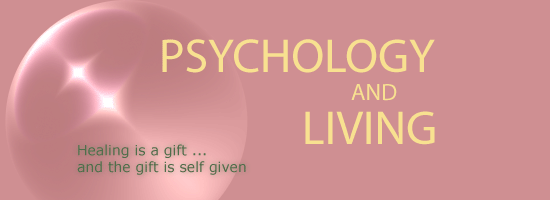About Us
Peter Pacey studied Psychology as a mature age student at the University of Queensland. He obtained his initial Bachelor of Science degree in 1987 and graduated as a Bachelor of Science with 1st class honours in the field of Psychology in 1988. He began a Masters in Organisational Psychology in 1989 as a part time student while he worked in a private consultancy and was also engaged in part time research in Cognitive Psychology at Queensland University.
Peter has been a practitioner for over 20 years helping people manage and re-skill from anxiety and depression, OCD, OCPD, Eating Disorders and other Mood Disorders and has worked with individuals experiencing trauma, grief and loss and at risk of suicide. He is also highly practiced using skills in facilitating relationship issues and conflict resolution and in debriefing.
Peter designs and uses his own person-centered processes, modifying them to meet the individual needs of specific clients so that services can be tailor made to each person's circumstance. Much of his approach is based upon experiential learning principles and also integrating mindfulness and other meditative techniques into everyday living. He has worked with a wide range of clientele ranging from individuals to couples to families and young people through to the elderly.
Peter is available for consultations most weekdays.
Liliana Pacey graduated with a Diploma in Psychology from the University of Queensland in 1988. Her theoretical and emotional interests in her Bachelor of Arts and Diploma in Psychology were for people with disabilities. She enrolled in a Masters of Organisational Psychology in 1989 and was awarded her masters in 1991.
Liliana commenced full time work as a Project Manager in 1991 for Multicap a community based organisation offering services to people with disability. She eventually became the General Manager of Disability Services for Multicap. Liliana left Multicap in December 2002 to take up a challenge with another community based disabilities organisation in Brisbane. After having guided that organisation to policy and procedural compliance with legislation and reviewing and operationalising their strategic plan she moved on to Disability Services Queensland. She is currently an Acting Assistant Director with Department of Communities.
Liliana's career in the disability sector has equipped her with insight and skills in the areas of grief and loss, family and couples therapy, learning disabilities, educational psychology, conflict resolution, stress management and relaxation, as well as training and consultancy for large and small teams. Liliana has a keen interest in helping individuals - be they a child, an adult, or a person with a special need - to learn to appreciate their own strengths and unique talents.
Liliana is currently working full-time elsewhere and is also the busy mother of a 2 year old. We will announce here when she becomes available for consultations again.





